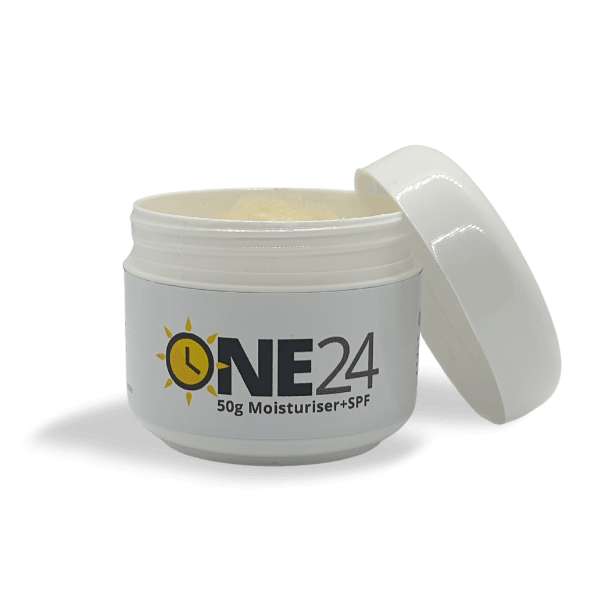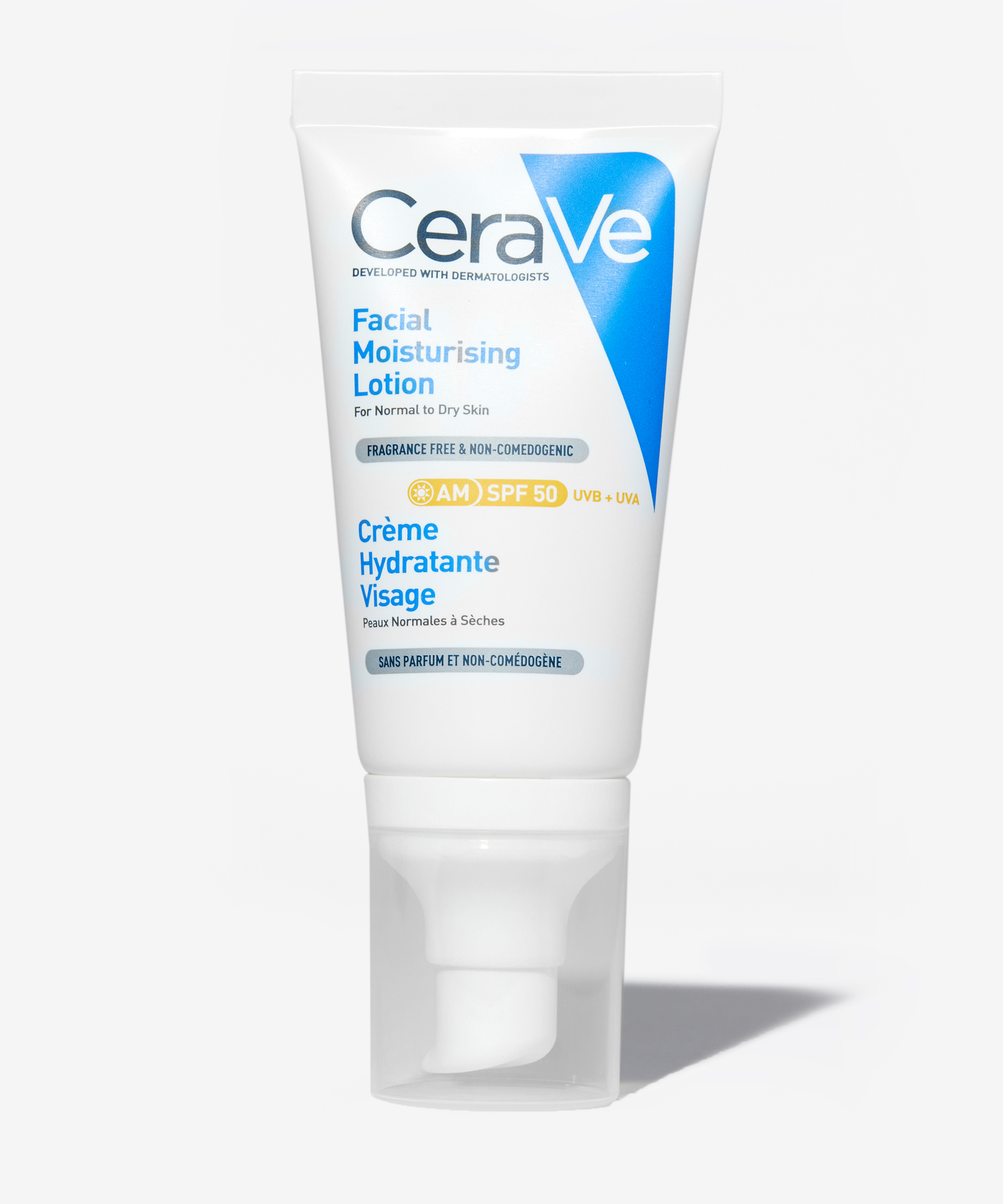Moisturiser And SPF: The Ultimate Guide To Protecting And Hydrating Your Skin
When it comes to skincare, moisturiser and SPF are two essential components that should never be overlooked. Proper hydration and protection from harmful UV rays are crucial for maintaining healthy, glowing skin. Whether you're dealing with dryness, sensitivity, or premature aging, understanding the role of moisturisers and SPF is vital for achieving optimal skin health.
Skincare routines have evolved significantly over the years, with an increasing focus on the importance of protecting and nourishing the skin. Moisturisers and SPF products are at the forefront of this movement, offering a dual approach to skincare that addresses both hydration and sun protection. In this article, we will delve into the benefits of combining these two skincare staples and provide you with actionable insights to enhance your skincare regimen.
By understanding the science behind moisturisers and SPF, you can make informed decisions about the products you choose and how to incorporate them into your daily routine. This guide will explore the best practices for selecting and applying these products, ensuring your skin remains hydrated and shielded from environmental damage.
Read also:Dolly Parton On Playboy Magazine A Comprehensive Look At Her Iconic Journey
Table of Contents:
- What Are Moisturisers and SPF?
- Why Are Moisturisers and SPF Important?
- Types of Moisturisers and SPF
- Benefits of Using Moisturiser and SPF Together
- How to Apply Moisturiser and SPF
- Common Mistakes to Avoid
- Best Moisturisers and SPF Products
- Tips for Choosing the Right Products
- The Science Behind Moisturisers and SPF
- Conclusion
What Are Moisturisers and SPF?
Moisturisers are skincare products designed to hydrate and nourish the skin, while SPF (Sun Protection Factor) refers to the level of protection a product provides against harmful ultraviolet (UV) radiation. Together, they form a powerful duo that addresses both hydration and sun protection.
Understanding Moisturisers
Moisturisers come in various forms, including creams, lotions, and serums, each catering to different skin types and concerns. Their primary function is to lock in moisture, preventing dryness and maintaining the skin's natural barrier. Key ingredients in moisturisers often include hyaluronic acid, glycerin, and ceramides.
SPF Explained
SPF measures the effectiveness of a product in blocking UVB rays, which are responsible for sunburn and skin damage. Higher SPF numbers indicate greater protection, but it's important to note that no product can block 100% of UV rays. Broad-spectrum SPF products also protect against UVA rays, which contribute to premature aging and skin cancer.
Why Are Moisturisers and SPF Important?
Moisturisers and SPF are essential for maintaining healthy skin. Without proper hydration, the skin can become dry, flaky, and more prone to irritation. Similarly, neglecting sun protection increases the risk of sunburn, premature aging, and skin cancer.
Hydration and Skin Health
Moisturisers play a critical role in maintaining the skin's moisture barrier, preventing water loss and promoting a smooth, supple complexion. Regular use of moisturisers can help reduce the appearance of fine lines and improve overall skin texture.
Read also:Where Do Liam Paynes Parents Live A Comprehensive Guide
Protecting Against UV Radiation
SPF products shield the skin from harmful UV rays, reducing the risk of sun damage and related conditions such as hyperpigmentation and wrinkles. Incorporating SPF into your daily routine is one of the most effective ways to protect your skin and maintain its health over time.
Types of Moisturisers and SPF
There are several types of moisturisers and SPF products available, each designed to cater to specific skin types and concerns. Understanding these options can help you choose the right products for your needs.
Moisturiser Types
- Creams: Ideal for dry or mature skin
- Lotions: Suitable for normal to combination skin
- Serums: Lightweight formulations for targeted hydration
SPF Types
- Chemical SPF: Absorbs UV rays and converts them into heat
- Physical SPF: Forms a protective barrier on the skin's surface
- Broad-Spectrum SPF: Protects against both UVA and UVB rays
Benefits of Using Moisturiser and SPF Together
Combining moisturisers and SPF in your skincare routine offers numerous benefits, including enhanced hydration, improved skin texture, and comprehensive sun protection.
Hydration and Protection
Moisturisers help lock in hydration, while SPF ensures your skin is shielded from harmful UV rays. This dual approach promotes healthier, more resilient skin.
Anti-Aging Effects
Regular use of moisturisers and SPF can reduce the signs of aging, such as fine lines, wrinkles, and age spots. By protecting the skin from environmental stressors, these products help maintain a youthful complexion.
How to Apply Moisturiser and SPF
Proper application of moisturisers and SPF is crucial for achieving the desired results. Follow these steps to ensure optimal effectiveness:
- Cleanse your face thoroughly to remove dirt and impurities.
- Apply a lightweight serum or essence for added hydration.
- Follow with a moisturiser suited to your skin type.
- Finish with an SPF product, ensuring even coverage on all exposed areas.
Tips for Application
For best results, apply moisturiser and SPF in the morning as part of your daily skincare routine. Reapply SPF every two hours, especially if you're spending time outdoors or swimming.
Common Mistakes to Avoid
Even with the best intentions, mistakes can happen when using moisturisers and SPF. Here are some common pitfalls to avoid:
- Skipping SPF on cloudy days (UV rays can penetrate through clouds)
- Not applying enough product (use at least a quarter-sized amount for the face)
- Forgetting to reapply SPF throughout the day
Avoiding Product Layering Issues
Layering multiple skincare products can sometimes lead to pilling or uneven application. To prevent this, allow each product to absorb fully before applying the next.
Best Moisturisers and SPF Products
With so many options on the market, choosing the right moisturiser and SPF can be overwhelming. Here are some top-rated products to consider:
Moisturisers
- CeraVe Moisturizing Cream
- Neutrogena Hydro Boost Water Gel
- La Roche-Posay Toleriane Double Repair
SPF Products
- EltaMD UV Clear Broad-Spectrum SPF 46
- Supergoop! Unseen Sunscreen SPF 40
- Shiseido Ultimate Sun Protection Cream SPF 50+
Tips for Choosing the Right Products
Selecting the right moisturiser and SPF involves considering factors such as skin type, concerns, and lifestyle. Here are some tips to guide your decision-making process:
Consider Your Skin Type
- Oily skin: Look for lightweight, oil-free formulations
- Dry skin: Opt for rich, hydrating creams
- Sensitive skin: Choose fragrance-free, hypoallergenic products
Read Ingredients Carefully
Pay attention to the ingredients list, avoiding known irritants and allergens. Ingredients like niacinamide, vitamin C, and zinc oxide are often beneficial for skincare.
The Science Behind Moisturisers and SPF
Understanding the science behind moisturisers and SPF can enhance your appreciation for their benefits. Here's a closer look at how these products work:
How Moisturisers Work
Moisturisers contain humectants, emollients, and occlusives that work together to hydrate and protect the skin. Humectants attract water, emollients smooth the skin's surface, and occlusives create a protective barrier to prevent moisture loss.
How SPF Works
SPF products either absorb or reflect UV rays, depending on their formulation. Chemical SPF ingredients like avobenzone and oxybenzone absorb UV radiation, while physical SPF ingredients like zinc oxide and titanium dioxide reflect it.
Conclusion
Incorporating moisturisers and SPF into your skincare routine is essential for maintaining healthy, hydrated skin. By understanding the benefits of these products and following best practices for application, you can protect your skin from environmental damage and promote a youthful complexion.
We encourage you to explore the wide range of moisturisers and SPF products available, selecting those that best suit your skin type and concerns. Don't forget to share your thoughts and experiences in the comments section below, and feel free to explore other articles on our site for more skincare insights.


